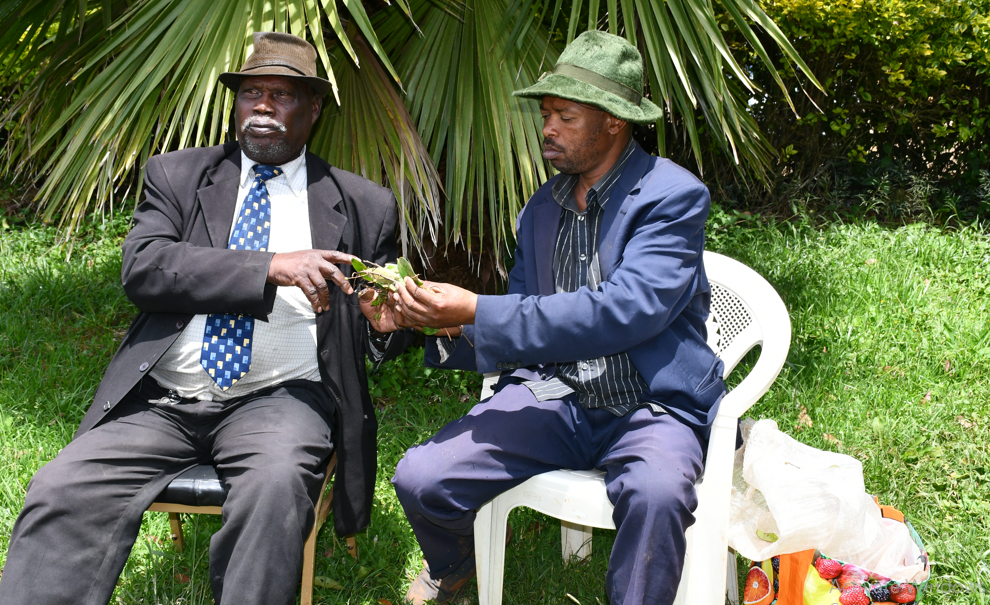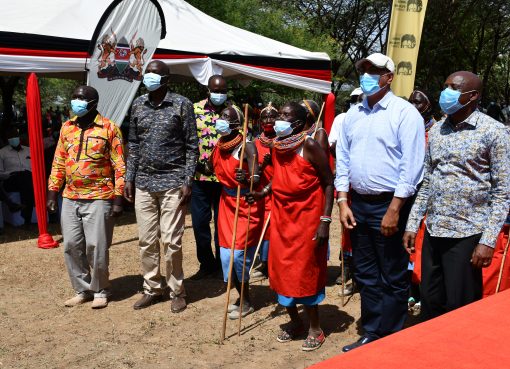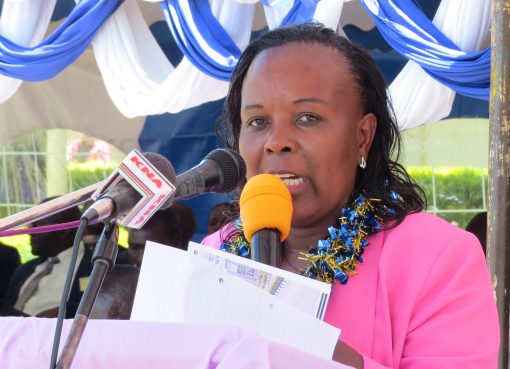Traditional doctors in Kericho County have called on the government to assist in the recognition of herbal drugs by initiating research that will unlock usage of herbal cures to treat terminal diseases like cancer and diabetes.
They averred that most of the herbs are extracted from trees, shrubs, roots, bark, leaves, flowers, fruits, and seeds, while the medicine is obtained by either boiling, squeezing or burning parts of trees.
Led by Wilson Chepkwony and Nicholas Siele, the herbalists expressed optimism that Kenya Medical Research Institute’s Natural Products Research and Drugs Development (NAPREDA) Program would carry out tests on efficacy of the herbal drugs available locally to provide alternative cures.
The herbalists who claim to have practiced herbal medicine for many years, also urged the government to intervene through KEMRI and have them trained on dosage dispensation.
The Kenya Medical Research Institute’s Natural Products Research and Drugs Development (NAPREDA) Program is a Vision 2030 project that identifies and develops effective traditional or alternative medicines and drugs for use against human diseases, through which it is able to verify and confirm claims by traditional medicine men by scientific means.
Chepkwony, a popular local herbalist in Kericho town narrated to KNA how he has for years prescribed herbal drugs to many of his patients suffering from critical illnesses and who successfully experienced a reversal in ailments after a few days.
“I have had several cancer patients who got cured after using herbal medicine, some patients suffered from diabetes, breathing problems and stomach issues. They followed my instructions and got cured,” stressed Chepkwony
Meanwhile, Nicholas Siele alias Doctor Bush attested to the fact that the non-conventional medicine is a remedy cure.
“I come from the Ogiek community in Olenguruoni and I have clients not only from the villages, but also professionals working in urban centres who have frequently used herbal medicine to cure various diseases successfully,” added Doctor Bush
The traditional medicine men also called for the establishment of regional herbal medicine development facilities that would not only carry out samples for analysis and tests but also act as a quality assurance facility for herbal products.
“We as traditional medicine men have for many years been side-lined and most of us are languishing in abject poverty that is why we want the government to include us even in training and seminars so that we are enlightened on how to package ourselves since we are crucial in providing health solutions to people,” he lamented.
They further said they needed support in order to obtain the necessary equipment for use in boosting innovative products to commercialization and also learn how to license their business.
“Even access to the forests at times is a challenge and the government through the Forest and Wildlife department should also support our work by not only allowing us access to forests but also provide security from wild animals,” Doctor Bush said.
The herbalists also urged the government to help them through the Ministry of Health in creating awareness and sensitizing members of the public on the use of herbal medicine with the assurance of their safety.
“If the government can support us by assuring the public that the herbal medicine is safe for consumption, then we can be of great assistance to the many Kenyans suffering due to critical illnesses,” said Doctor Bush.
Caroline Chebii, from the Brook area on the outskirts of Kericho Town, explained that the herbal medicines she has consumed for the last ten years have cured all her ailments at a low cost, compared to pharmaceuticals.
“Herbal medicine is negotiable as far as prices are concerned. But the conventional medicine in drug stores is too expensive so I have for a long time preferred using herbs which are cheap and highly effective,” added Chebii
Dr. Raphael Koima, a Burkitt Lymphoma disease specialist insisted that KEMRI intervention in research on herbal medicine would come in handy to determine the toxicity of herbal plants that may be related to contaminants such as pesticides, microbes, heavy metals, chemical toxins, and adulterants which could be detrimental for patients.
“It’s been a challenge even dealing with Burkitt Lymphoma disease in children as we have noticed some parents prefer using herbal medicine until it’s too late, then they rush to the hospital when the disease has advanced in the body,” added Dr. Koima
According to World Health Organization estimates, nearly 70–80 per cent of the world population still primarily relies on nonconventional medications, mostly derived from herbal plants for the treatment and prevention of ailments such as stomach pain, headache, diabetes, hypertension, rheumatism, and many others.
By Kibe Mburu and Dominic Cheres





